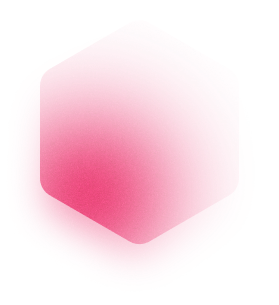Speaker
Dr. Michael Heithaus
Executive Dean, College of Arts, Sciences + Education
Florida International University
Dr. Micheal Heithaus is an internationally known scientist, educator, television host and executive dean of the College of Arts, Sciences & Education at Florida International University (FIU). As a marine ecologist, Heithaus specializes in predator-prey interactions and the ecological importance of sharks and other large marine species. He is on a mission to unlock the secrets of our oceans by deploying cutting-edge technology including drones and animal-borne cameras. Helping to shape shark and ocean conservation, his work in Shark Bay Australia is the most detailed study of the ecological role of sharks in the world and has been used as the underpinning for affecting positive policy changes. Sharing his passion for science, Heithaus has been involved in the production of more than 30 natural history documentaries, including many featured on National Geographic’s Shark Fest and Discovery’s Shark Week. He also hosted National Geographic Channel’s Crittercam television series. He has co-written two high school science textbooks and is an author on national K-8 science programs. In addition to serving as executive dean, he is a professor of Biological Sciences at FIU. He previously served as executive director of the School of Environment, Arts and Society and director of the Marine Sciences Program. He has authored or co-authored more than 200 peer-reviewed journal articles and book chapters and co-edited five books on the biology of sharks and their relatives. Heithaus is an Explorers Club fellow, member of the Science Advisory Committee for Pew Environment’s Global Shark Program, serves as the associate editor of Frontiers in Marine Science, and is an inaugural member of the Academy of Science, Engineering and Medicine of Florida board of directors. He also serves on the Zoo Miami Foundation Board of Directors and chairs the Education Committee. Prior to joining FIU, Heithaus was a scientist at Mote Marine Laboratory’s Center for Shark Research. He also worked with National Geographic’s Remote Imaging Department where he conducted studies using their “Crittercam.” He received a B.A. in Biology from Oberlin College in 1995 and completed his Ph.D. at Simon Fraser University in 2001.

